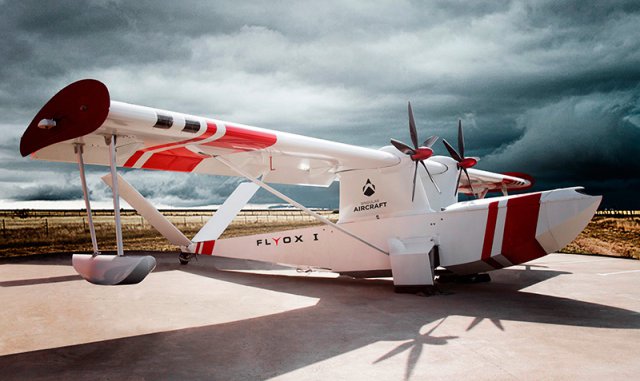
Kenya has finally approved regulations for drones, becoming the second country after Rwanda in the region to embrace commercial use of Aerial Unmanned Vehicles (AUVs).
The move comes as a boost to firms, which have been waiting for the green light to import drones without worrying about legal implications.
The aviation regulator, Kenya Civil Aviation (KCAA), says the approval was made last week on Monday after the agency met with the top security organs to discuss draft regulations.
KCAA Director General Mr Gilbert Kibe said the gazette legal notice together with an Aeronautical Information Circular will be published as soon as official notification from the meeting is received.
“The policy procedures and regulations for remotely piloted aircraft systems, better known as the drones, have been approved,” said Mr Kibe.
He said after gazetting, drones operations will be allowed in Kenya.
Hundreds of drones imported before the approval of the regulations have so far been confiscated by the Kenya Revenue Authority, according to KCAA.
Astral Aviation, a Kenyan-based logistics firm, already has plans in place to open a drone airport at Kapese Airstrip in Lokichar as it moves to tap proceeds from oil exploration in the region.
The firm said the facility, the first in Africa, will be ready by February next year.
The firm has opened a subsidiary — Astral Aerial Solution — that will mainly deal with the operations of the drones, not only in Kenya but also in Rwanda where the rule for operating the machines have been approved.
The firm’s chief executive officer Sanjeev Gadhia, said the firm intends to use drones in moving oil and gas equipment from the central logistics hub to the fields.
“We are going to open the Drone Airport in Kapese as we target to offer logistics solutions to oil drilling firms in Lokichar and we are happy that the approval on regulations have been made,” said Mr Gadhia.
Two tonnes of cargo
The Fly Ox drone, which is one of the gadgets that the firm intends to buy, can carry up to two tonnes of cargo and can travel for 1,200 kilometres, making it ideal for the oil and gas operations given that the fields are far apart.
Source: Business Daily Africa
